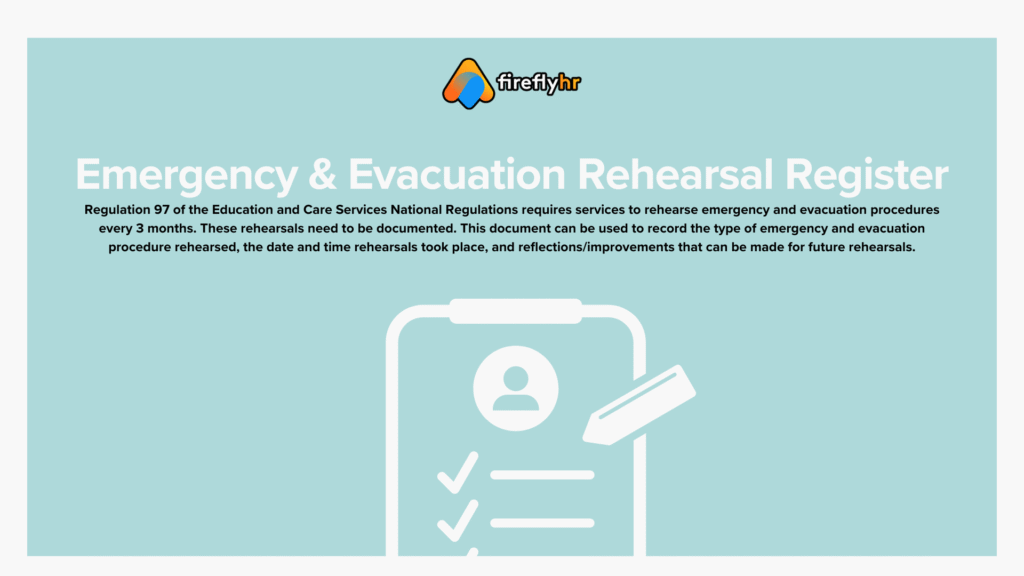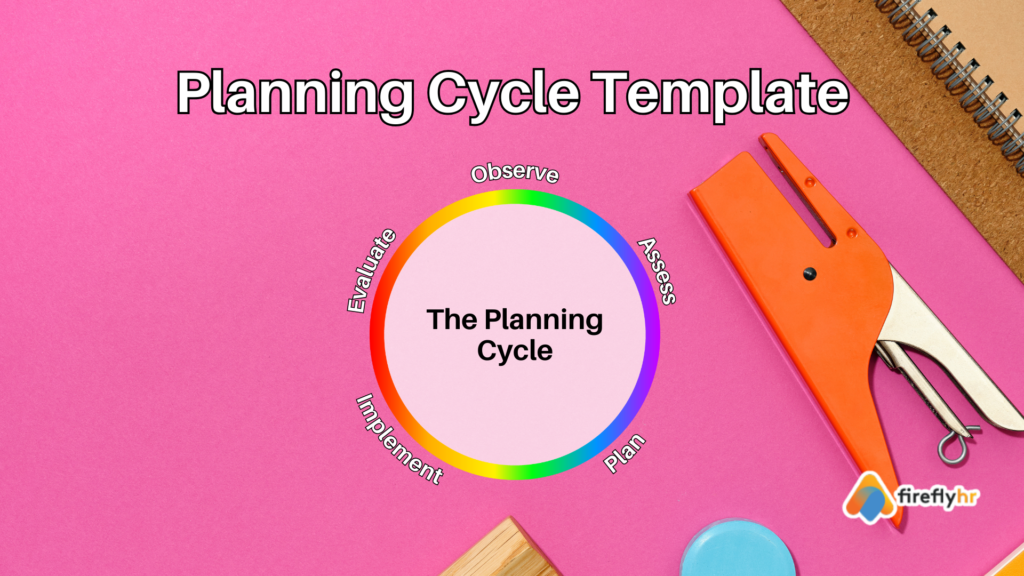Regulation 90(1)(c)(iii) of the Education and Care Services National Regulations requires a risk-minimisation plan and communication plan to be developed in consultation with parents of a child who as a specific health care need, allergy or relevant medical condition.
The risk-minimisation plan must:
- Assess and minimise the risks relating to the child’s specific health care need, allergy, or
relevant medical condition, - Outline the practices and procedures that are developed and implemented in relation to
safe handling, preparation, consumption and service of food (if relevant), - Outline the practices and procedures that are developed and implemented for notifying
parents of any known allergens that pose a risk to the child and the strategies for
minimising the risks (if relevant), - Outline the practices and procedures that are developed and implemented that allow all
staff members and volunteers to identify the child, the child’s medical management
plan and the location of the child’s medication, - Outline the practices and procedures that are developed and implemented to ensure
the child does not attend the service without medication prescribed by the child’s
medical practitioners in relation to the child’s specific health care need, allergy, or
relevant medical condition (if relevant).
This risk minimisation plan will guide services to assess and minimise the risks relevant to a child’s specific health care need, allergy or relevant medical condition, and develop and implement relevant practices and procedures to assist with managing the medical condition.
If you’re looking to improve your compliance and minimise risk in your service – this guide is for you.
Download your FREE copy below!






